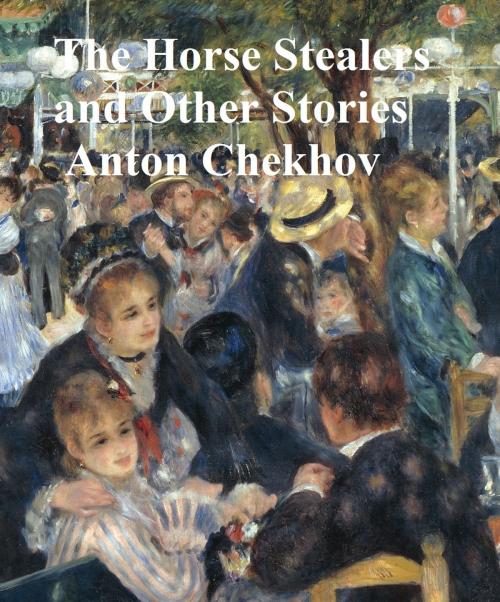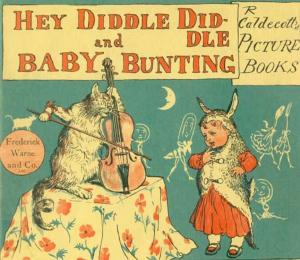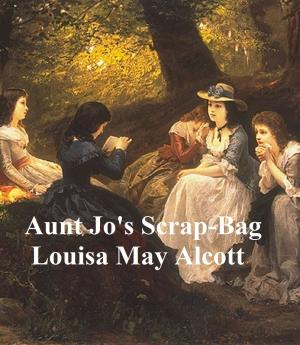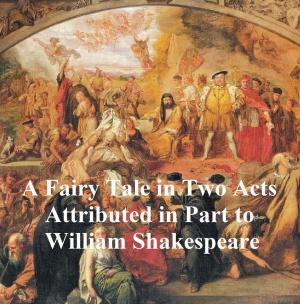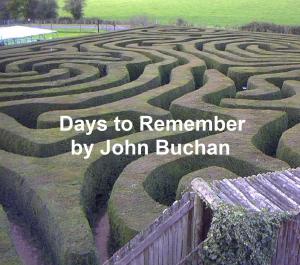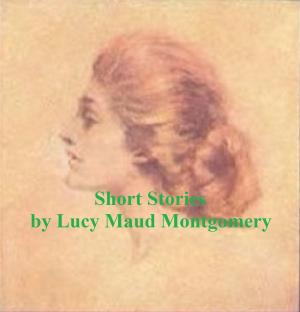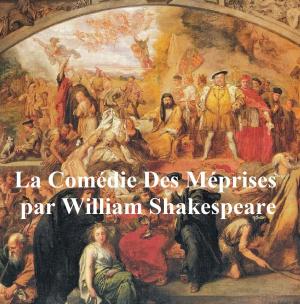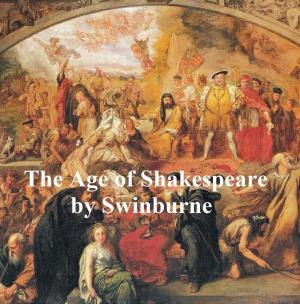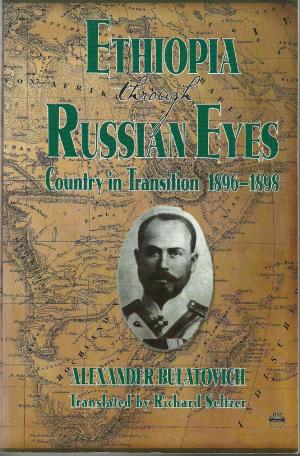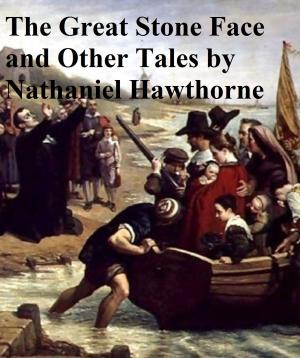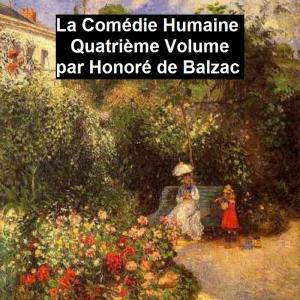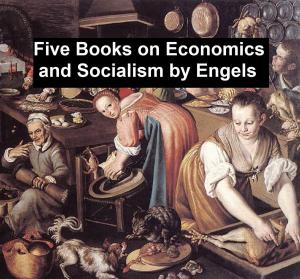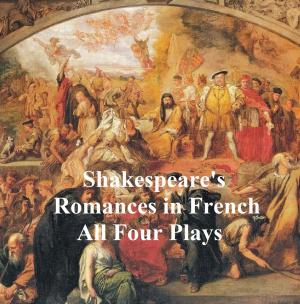| Author: | Anton Chekhov | ISBN: | 9781455392476 |
| Publisher: | Seltzer Books | Publication: | February 23, 2017 |
| Imprint: | Language: | English |
| Author: | Anton Chekhov |
| ISBN: | 9781455392476 |
| Publisher: | Seltzer Books |
| Publication: | February 23, 2017 |
| Imprint: | |
| Language: | English |
This collection includes: THE HORSE-STEALERS, WARD NO. 6, THE PETCHENYEG, A DEAD BODY, A HAPPY ENDING, THE LOOKING-GLASS, OLD AGE, DARKNESS, THE BEGGAR,A STORY WITHOUT A TITLE, IN TROUBLE, FROST, A SLANDER, MINDS IN FERMENT,GONE ASTRAY, AN AVENGER, THE JEUNE PREMIER, A DEFENCELESS CREATURE, AN ENIGMATIC NATURE, A HAPPY MAN, A TROUBLESOME VISITOR, and AN ACTOR'S END. According to Wikipedia: "Anton Pavlovich Chekhov (1860 1904) was a Russian short-story writer, playwright and physician, considered to be one of the greatest short-story writers in world literature. His career as a dramatist produced four classics and his best short stories are held in high esteem by writers and critics Chekhov practised as a doctor throughout most of his literary career: "Medicine is my lawful wife," he once said, "and literature is my mistress." Chekhov renounced the theatre after the disastrous reception of The Seagull in 1896; but the play was revived to acclaim in 1898 by Constantin Stanislavski's Moscow Art Theatre, which subsequently also produced Uncle Vanya and premiered Chekhov’s last two plays, Three Sisters and The Cherry Orchard. These four works present a special challenge to the acting ensemble as well as to audiences, because in place of conventional action Chekhov offers a "theatre of mood" and a "submerged life in the text." Chekhov had at first written stories only for the money, but as his artistic ambition grew, he made formal innovations which have influenced the evolution of the modern short story. His originality consists in an early use of the stream-of-consciousness technique, later adopted by James Joyce and other modernists, combined with a disavowal of the moral finality of traditional story structure He made no apologies for the difficulties this posed to readers, insisting that the role of an artist was to ask questions, not to answer them."
This collection includes: THE HORSE-STEALERS, WARD NO. 6, THE PETCHENYEG, A DEAD BODY, A HAPPY ENDING, THE LOOKING-GLASS, OLD AGE, DARKNESS, THE BEGGAR,A STORY WITHOUT A TITLE, IN TROUBLE, FROST, A SLANDER, MINDS IN FERMENT,GONE ASTRAY, AN AVENGER, THE JEUNE PREMIER, A DEFENCELESS CREATURE, AN ENIGMATIC NATURE, A HAPPY MAN, A TROUBLESOME VISITOR, and AN ACTOR'S END. According to Wikipedia: "Anton Pavlovich Chekhov (1860 1904) was a Russian short-story writer, playwright and physician, considered to be one of the greatest short-story writers in world literature. His career as a dramatist produced four classics and his best short stories are held in high esteem by writers and critics Chekhov practised as a doctor throughout most of his literary career: "Medicine is my lawful wife," he once said, "and literature is my mistress." Chekhov renounced the theatre after the disastrous reception of The Seagull in 1896; but the play was revived to acclaim in 1898 by Constantin Stanislavski's Moscow Art Theatre, which subsequently also produced Uncle Vanya and premiered Chekhov’s last two plays, Three Sisters and The Cherry Orchard. These four works present a special challenge to the acting ensemble as well as to audiences, because in place of conventional action Chekhov offers a "theatre of mood" and a "submerged life in the text." Chekhov had at first written stories only for the money, but as his artistic ambition grew, he made formal innovations which have influenced the evolution of the modern short story. His originality consists in an early use of the stream-of-consciousness technique, later adopted by James Joyce and other modernists, combined with a disavowal of the moral finality of traditional story structure He made no apologies for the difficulties this posed to readers, insisting that the role of an artist was to ask questions, not to answer them."
